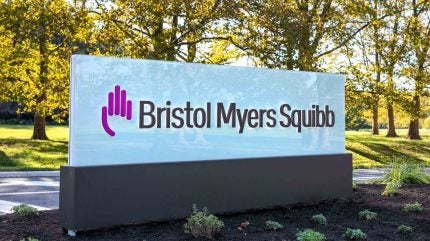
Bristol Myers Squibb (BMS) and 2seventy bio have announced plans to discontinue enrolment of subjects in the Phase III KarMMa-9 clinical trial of Abecma (idecabtagene vicleucel) for newly diagnosed multiple myeloma patients (NDMM).
The trial aimed to evaluate Abecma in combination with lenalidomide maintenance versus lenalidomide maintenance alone post-autologous stem cell transplant in NDMM patients with a suboptimal response.

Discover B2B Marketing That Performs
Combine business intelligence and editorial excellence to reach engaged professionals across 36 leading media platforms.
The decision to suspend the KarMMa-9 study is said to be influenced by the evolving treatment landscape for NDMM, which has seen the introduction of more intensive and prolonged induction therapies.
This change has led to a reduction in the number of eligible patients for the study, the company noted.
Despite being open for over a year across 18 countries, the trial managed to recruit only 10% of its target population.
The trial was launched based on positive findings from cohort 2c of the KarMMa-2 study, which showed a favourable benefit/risk profile for the therapy in NDMM patients.

US Tariffs are shifting - will you react or anticipate?
Don’t let policy changes catch you off guard. Stay proactive with real-time data and expert analysis.
By GlobalDataThe companies will now collaborate with investigators to determine the best course of action for patients currently enrolled in the KarMMa-9 study.
Through bridging and combination studies underway, as well as commercial efforts, BMS plans to offer Abecma to patients throughout the globe.
Bristol Myers Squibb haematology, oncology and cell therapy (HOCT) late clinical development head and senior vice-president Anne Kerber said: “Investigators indicate that due to advances in induction therapies, a significant majority – upwards of 70% – of patients with newly diagnosed multiple myeloma are now achieving a complete response or better following transplant.
“We celebrate this progress for patients while also recognising that it reduces the eligible patient population for, and viability of, the KarMMa-9 trial.”
In addition to the KarMMa-9 trial, BMS is actively recruiting subjects in several other studies focusing on four new assets within their cell therapy and protein degradation pipeline.





